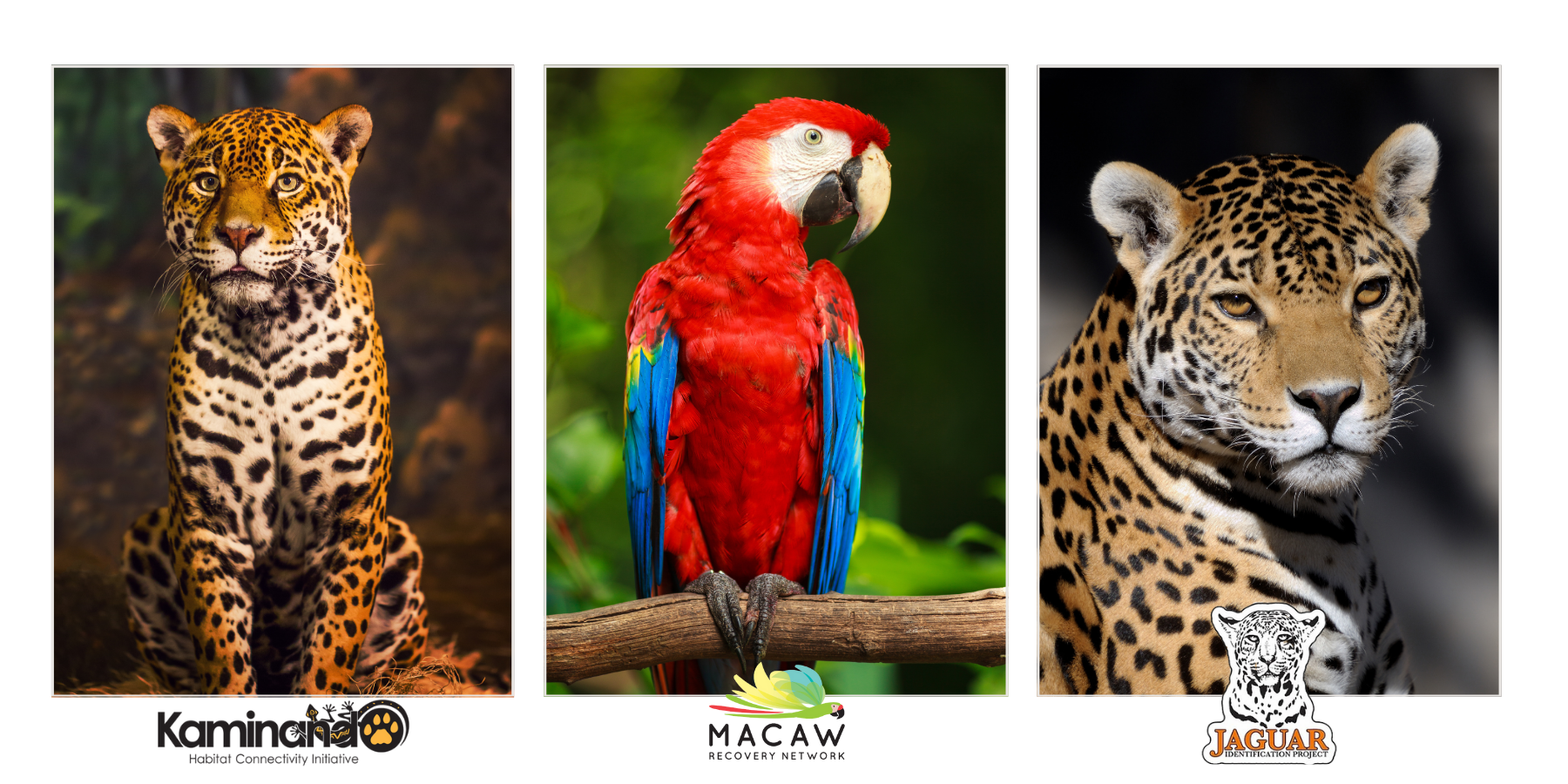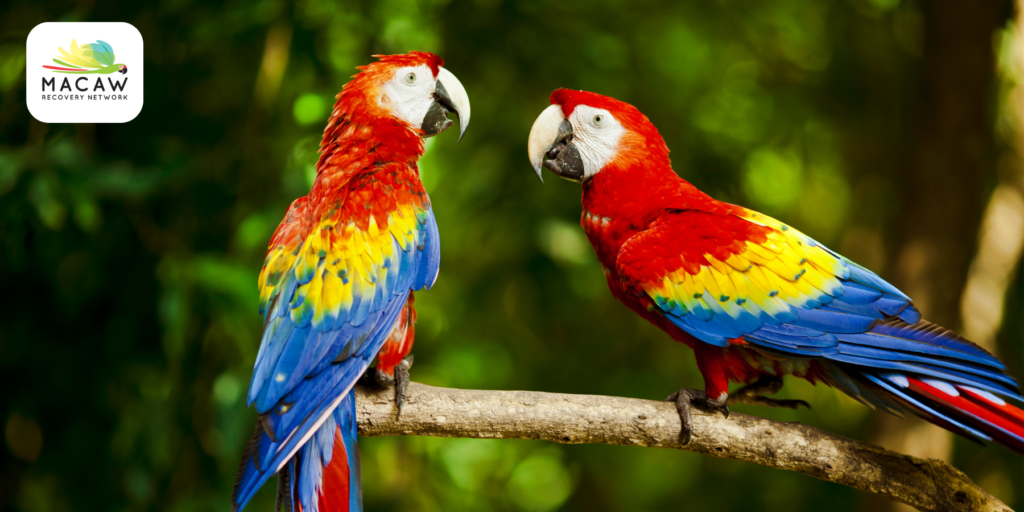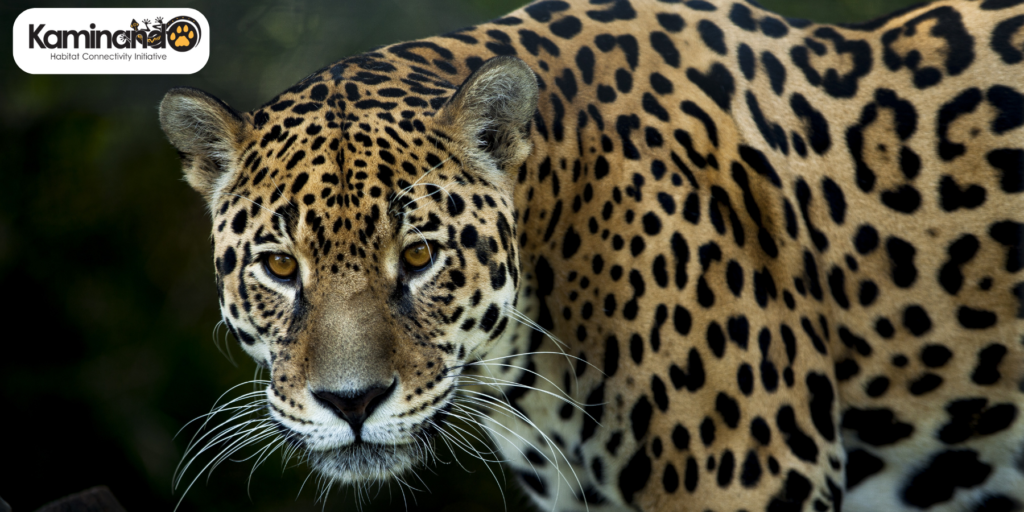
- VisitSupport Happy HollowDONATE TODAYExploreSupport Happy HollowDONATE TODAYLearnSupport Happy HollowDONATE TODAYSupportToday’s Hours: CLOSED
Happy Hollow Blog
The Impact of a Quarter: 2024 Quarters for Conservation Award Recipients
February 7, 2025

Each time you visit Happy Hollow Park & Zoo, you’re not just enjoying an exciting experience – you’re helping to fund wildlife conservation around the world. Since 2015, the Quarters for Conservation program has directed 25 cents from every ticket and $1 from each membership towards global and local conservation efforts.
Through our partnership with Happy Hollow Foundation, two-thirds of the funds raised are distributed to international organizations working to protect wildlife, while one-third is dedicated to supporting local conservation projects both at Happy Hollow and within our community of Santa Clara County.
This year, we’re proud to continue our support for wildlife conservation by awarding over $58,000 in grants to three outstanding organizations in 2024. Learn more about these incredible groups below.

Macaw Recovery Network, based in Costa Rica, is dedicated to protecting and recovering endangered species such as the Scarlet Macaw, Great Green Macaw, and Yellow-naped Parrot through conservation efforts. Their Bird Program utilizes science-based strategies to safeguard vulnerable nests, monitor wild populations, and conduct an annual census of the Great Green Macaw. In addition, the organization breeds and strategically releases rescued birds to support population recovery. At their breeding center, rescued Scarlet and Green Macaws are provided with enriching environments and proper care, enabling them to form partner bonds and raise the next generation of wild macaws. These birds are acclimated for life in the wild and undergo thorough checks before being released.
One of the organization’s standout initiatives is the Women Rangers Program, created in response to the 2020 pandemic. This program empowers women who lost their jobs in the tourism industry by providing them with employment in conservation. Women Rangers engage in a wide range of activities, including working with local farmers to promote conservation friendly practices, managing ecotourism initiatives, leading reforestation efforts, and educating local youth on the importance of wildlife conservation.
A major component of the Women Rangers’ work involves the maintenance of a plant nursery that grows endangered tree species vital to the Great Green Macaw’s survival, providing nesting sites and food. Once the saplings are ready, the Rangers coordinate reforestation efforts in collaboration with local landowners, ensuring the success and longevity of these initiatives.
This program not only provides essential income and skills training for women but also fosters a long-term commitment to parrot and forest conservation.

Kaminando Habitat Connectivity Initiative, operating in both California and Panama, is dedicated to protecting jaguars and educating local communities about their conservation. Through scientific research, community outreach, and empowering the local community to actively participate in conservation efforts, Kaminando fills critical knowledge gaps, dispels misconceptions, and fosters positive attitudes and behaviors. Their outreach programs promote tolerance for jaguars and encourage peaceful coexistence between the species and local communities.
Kaminando’s research focuses on the jaguar (Panthera onca), the largest felid in the Americas, which plays a vital role in the region’s ecology, culture, and history. Despite its importance, the jaguar is classified as near-threatened (IUCN 2009) throughout much of its range, with populations in Panama particularly at risk. The primary threats to jaguars are habitat loss due to deforestation, which fragments their habitats, along with prey depletion and illegal hunting. These human-driven pressures disrupt the jaguar’s basic ecological needs and contribute to its declining numbers.
Kaminando’s research methodology involves using camera traps to capture images of jaguars, which are then analyzed to understand their distribution and movement patterns. This method also provides valuable data on other cat species, such as pumas, ocelots, margays, and jaguarundis, as well as their prey.

The Jaguar Identification Project is dedicated to the protection and study of jaguars in the Northern Pantanal region of Porto Jofre, Brazil. The project involves citizen scientists, often tourists, in gathering valuable data to build a comprehensive database on individual jaguars and their behaviors. By prioritizing community engagement, scientific integrity, and ethical conservation practices, the project strives to ensure the long-term preservation of the jaguar population.
The project team works in close collaboration with local communities to create an environment where jaguars can thrive. They are committed to finding sustainable solutions to mitigate conflicts between jaguars and farmers, while also recognizing the importance of education. The project partners with the local Porto Jofre school to raise awareness among children about the significance of jaguar conservation.
Through the identification of individual jaguars and an understanding of their behavior, the project can make informed decisions to protect the species in their natural habitat. By involving local communities and tourists, the project helps drive meaningful conservation efforts that have a lasting impact.

Each of these organizations is taking impactful steps to protect threatened and endangered wildlife in their regions, often with the direct involvement of their local communities, and Happy Hollow is proud to support this critical work.
Do you know of an organization that would be a great fit for Happy Hollow’s Quarters for Conservation grant? Applications are open now through March 31 for the 2025 grant cycle! Find more information about the grant requirements and process, and more information about previous recipients, at https://happyhollow.org/q4c/